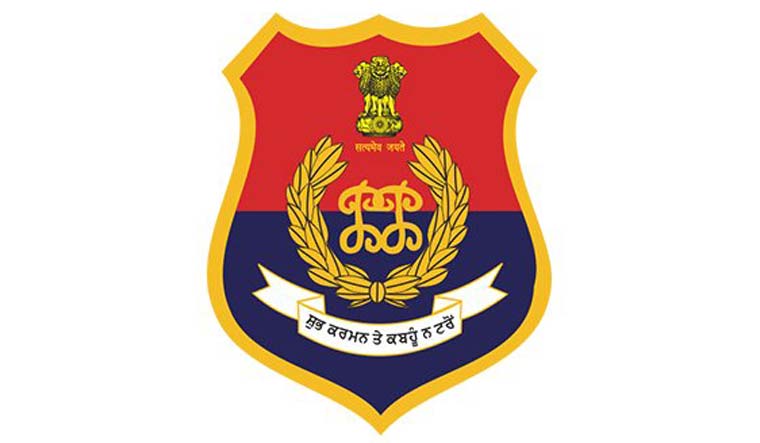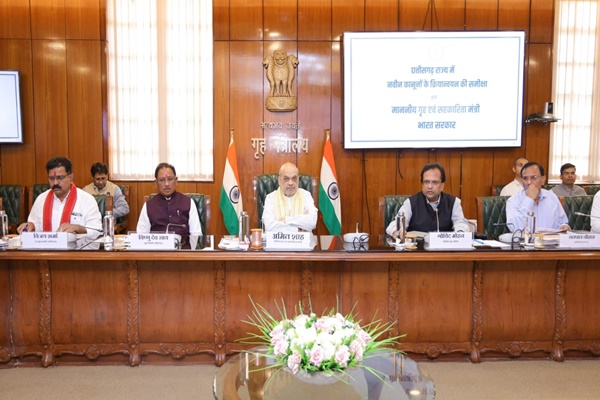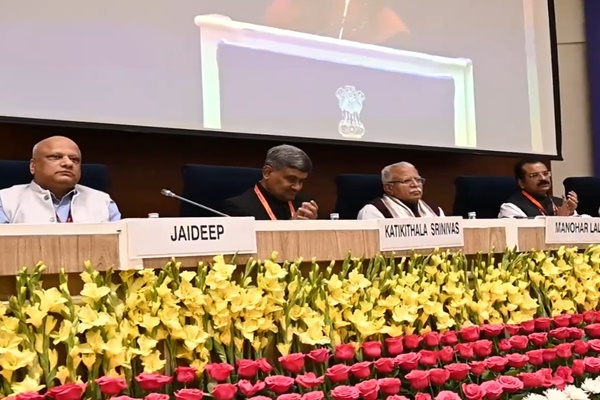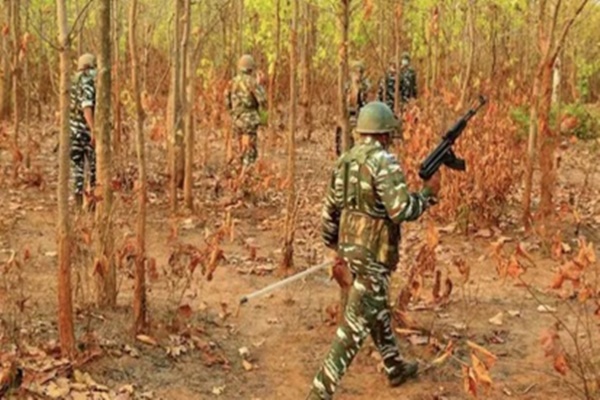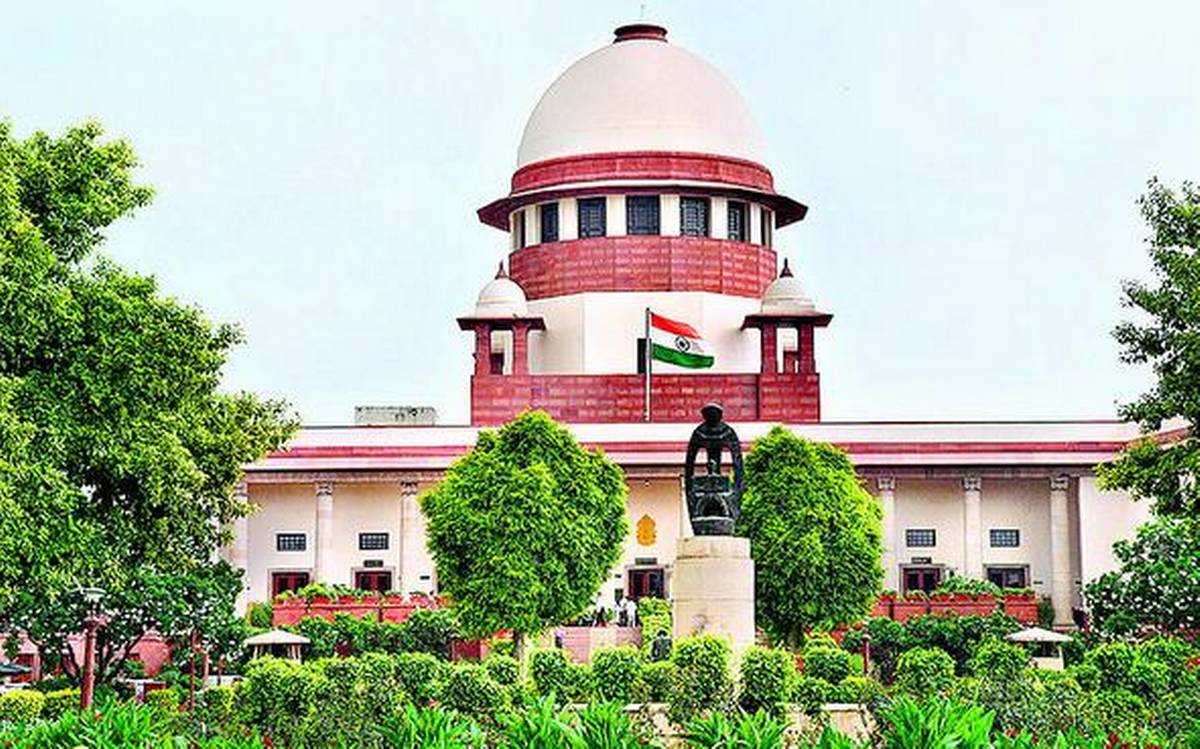China hits back, says it has 'lawful right' to standardise names in Arunachal
Fri 21 Apr 2017, 18:41:20
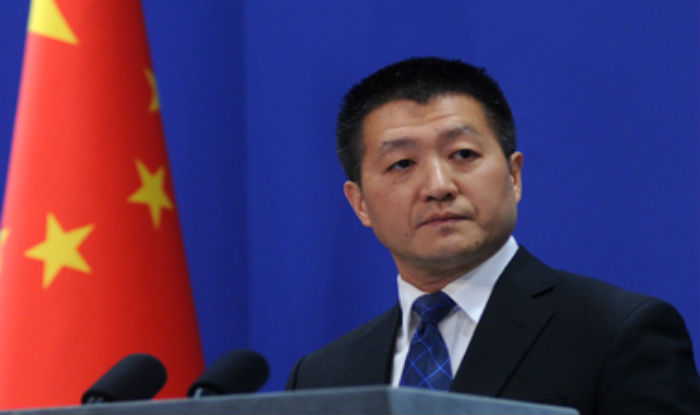
China on Friday asserted that it was its "lawful right" to standardise official names for six places in Arunachal Pradesh, while its state-run media warned that India will pay "dearly" if it continues to play the Dalai Lama card.
"China's position on the eastern section of the India- China boundary is clear and consistent," Chinese foreign ministry spokesman Lu Kang said at a media briefing here while reacting to India's assertion that Arunachal Pradesh is its integral part.
"Relevant names have been used by ethnic Momba and Tibetan Chinese who have lived here for generations. So it is a fact that cannot be changed. To standardise these names and publicise them is a legitimate measure based on our lawful right," he said.
Lu also countered India's charge that China was inventing names to make its territorial claims over the area legal.
India on Thursday hit out at China for giving Chinese names to six places in Arunachal Pradesh, saying assigning invented names to towns of the neighbour does not make illegal territorial claims legal.
External affairs ministry spokesperson Gopal Baglay in New Delhi had also asserted that Arunachal Pradesh is an integral part of India.
Earlier, the Global Times, in an op-ed article, said India will pay "dearly" if it continues the "petty game" of playing the Dalai Lama card and dismissed as "absurd" New Delhi's reaction to China's renaming of six places in Arunachal Pradesh.
"It is time for India to do some serious thinking over why China announced the standardised names in South Tibet at this time," said the article titled 'India playing Dalai card worsens territorial spats with China'.
The daily said "playing the
Dalai Lama card" was never a wise choice for New Delhi.
Dalai Lama card" was never a wise choice for New Delhi.
"If India wants to continue this petty game, it will only end up in playing dearly for it," the daily warned.
"South Tibet (Arunachal Pradesh) is historically part of China and name of the places there is part of the local ethnic culture. It is legitimate for the Chinese government to standardise the names of the places," it said.
China claims Arunachal Pradesh as 'South Tibet'.
China on Wednesday had announced that it has "standardised" official names for six places in the northeastern state and termed the provocative move as a "legitimate action".
The Chinese move came days after Beijing lodged strong protests with India over the Dalai Lama's visit to the frontier state.
Lu had earlier said that the Chinese government was conducting the second nationwide survey on geographical names, "an important task to standardise the geographical names in the languages of ethnic minority groups."
He had also said that more standardised names will be announced later.
Highlighting China's stand on the border dispute, the Global Times said, "China has been making efforts to solve the territorial disputes with India, but over the past decades, India has not only increased migration to the disputed area and boosted its military construction there, but it also named Arunachal Pradesh, China's South Tibet, as a formal state of India in 1987."
The India-China border dispute covers the 3,488 km-long Line of Actual Control (LAC). While China claims Arunachal Pradesh as South Tibet, India asserts that the dispute covers the Aksai Chin area which was occupied by China during the 1962 war.
No Comments For This Post, Be first to write a Comment.
Most viewed from International
Most viewed from World
AIMIM News
Latest Urdu News
Most Viewed
May 26, 2020
Do you think Canada-India relations will improve under New PM Mark Carney?
Latest Videos View All
Like Us
Home
About Us
Advertise With Us
All Polls
Epaper Archives
Privacy Policy
Contact Us
Download Etemaad App
© 2025 Etemaad Daily News, All Rights Reserved.


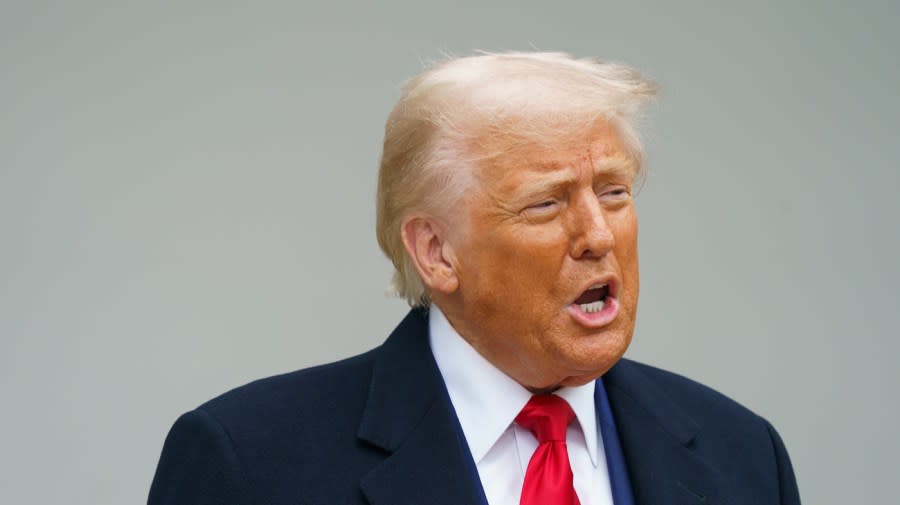





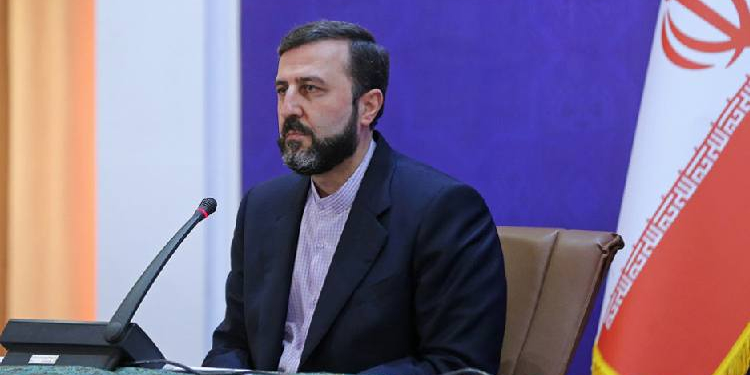
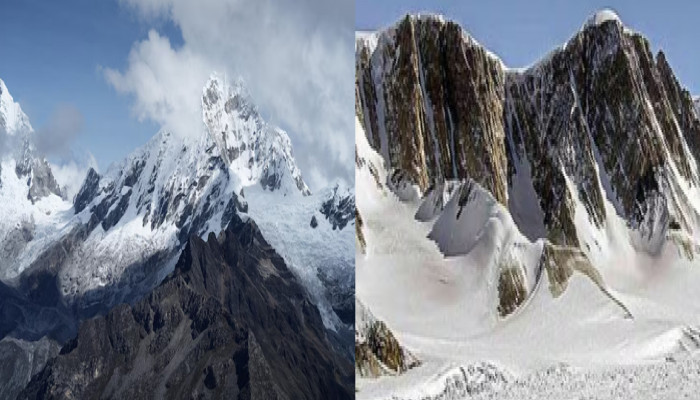
.jpg)
.jpg)



